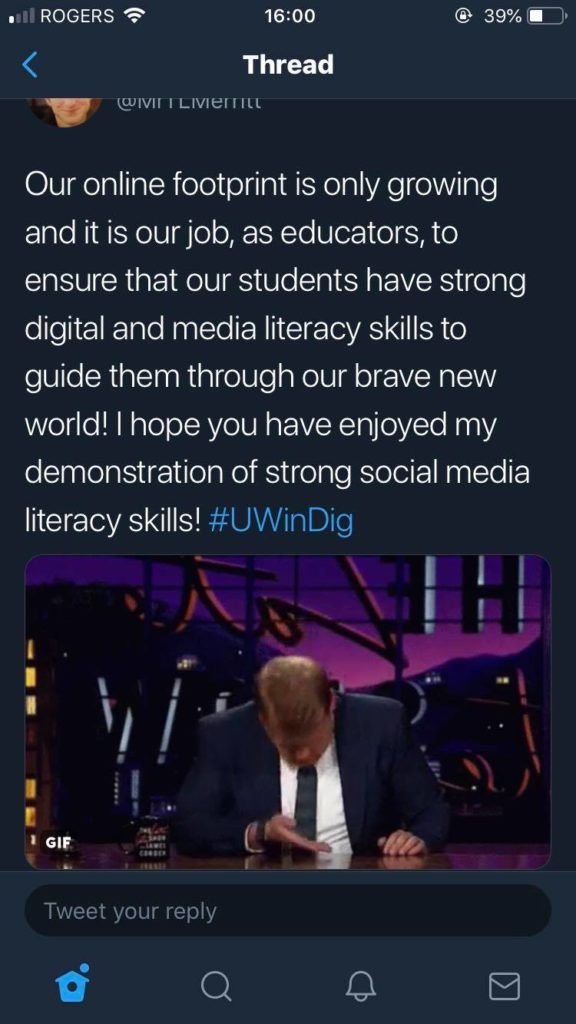Throughout our brave new technological world, social mediums have become remarkably popular, and some would argue, now have an iron grasp on our society’s youth. The development of social media giants, such as Facebook, have changed the world that we all live in. Mark Zuckerberg’s creation has undoubtedly connected various people across the world, particularly through Facebook’s instant messaging. Having a strong connection with both Great Britain and Norway, I personally know the positives that social media applications, like Facebook, can have upon people separated from their family and friends. Although Facebook has its positives, it has become increasingly obvious that there have been systemic problems with Facebook and its users’ privacy.
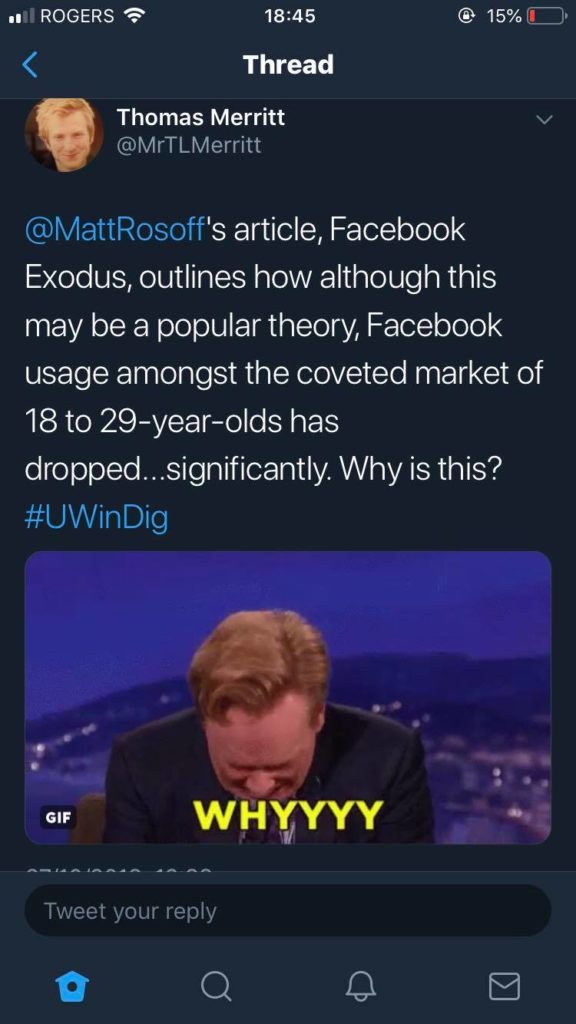
Matt Rosoff’s article, Facebook Exodus, depicts how once loyal Facebook users, within the coveted 18-29 year old demographic, have increasingly ‘unfriended’ Facebook, which according to the author, has a direct link to the negative press surrounding Russian trolls and Cambridge Analytica’s usage of the social network’s platform. These various scandals have seen governing bodies across the world, for example, the European Union, question Facebook surrounding its policies with regards to personal data. This is not solely a European phenomenon, as in the United States, Facebook’s creator and Chief Executive Officer, Mark Zuckerberg, testified before the United States Congress, ultimately attempting to explain how personal data is collected and used online. In this world of increasing technological complexity, some have questioned how we, as a society, have got here and how to ensure that younger users of social media platforms, like Facebook, are protected online.
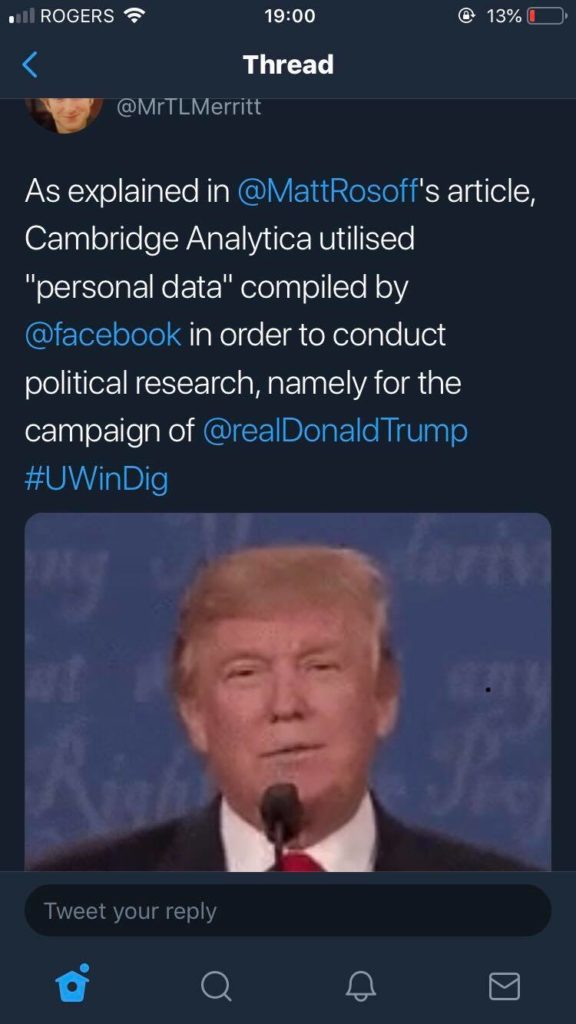
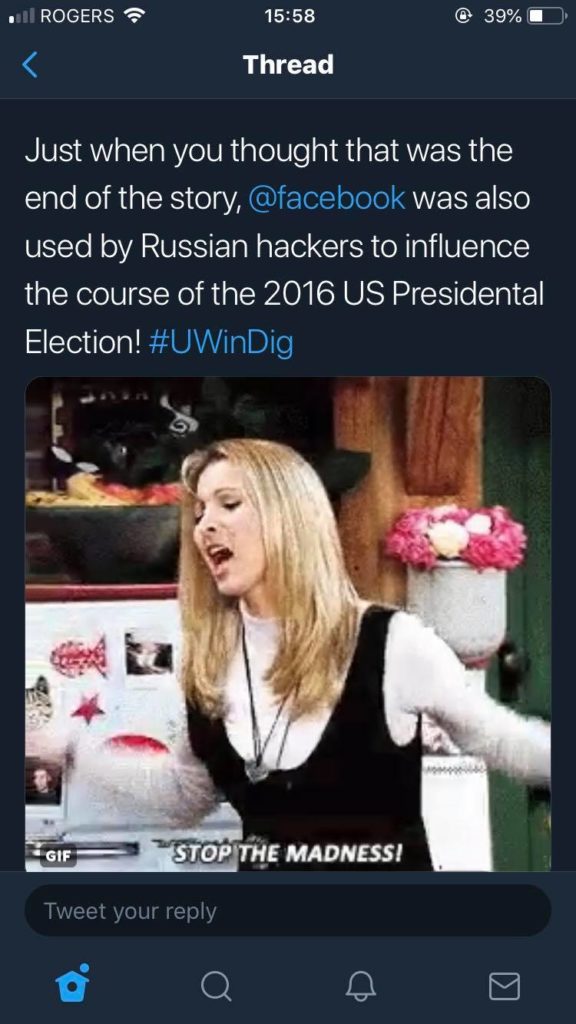
It was this question that piqued my own interest as a fledgling educator. I was fascinated to think critically of the ways in which we can ensure that our students, and their digital footprint, is protected. As touched upon within my Twitter essay, I feel that the best way that we can make absolutely certain that our students feel safe and secure online is through teaching digital and media literacy. Without this, our future students will fall into the same traps that many of us have fallen into, such as believing in fake news and leaving our online footprint vulnerable to those who may wish to use our data for nefarious purposes. I believe that our goal as educators of the next generation is to ensure that they do not repeat the mistakes of our past. If, you too, feel that this is important, teaching authentic and engaging digital and media literacy is paramount. This can be done through different ways, one of the main means through which I will seek to promote a strong understanding of media and digital literacy in my classroom is through informing students of privacy settings and how even by a relatively minor adjustment, their data can be safe from harvesters in the future!
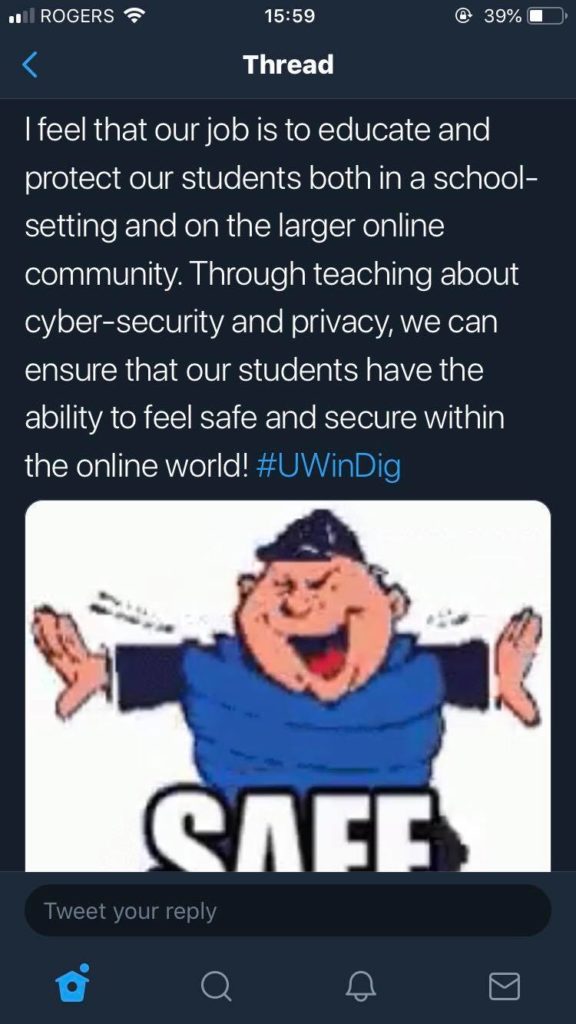
Although schools and students were not directly mentioned in Rosoff’s article, I could not help but reflect upon my own educational experience with regards to data and my digital footprint. My Grade Twelve History teacher used Edmodo exclusively, which has been in the news as a result of hacking that breached the accounts of millions of users. I feel that my own journey through education was fairly limited in exposure to good technological and online practices, thus, I have had to develop my own knowledge and consult online and print sources in order protect myself in our rapidly developing technological world. As the educators of tomorrow, we must first have an understanding of our increasingly digital world and secondly, celebrate our acquired understanding with our students. Hence, partially remedying the lack of technological know-how that I feel characterised my own educational experience.
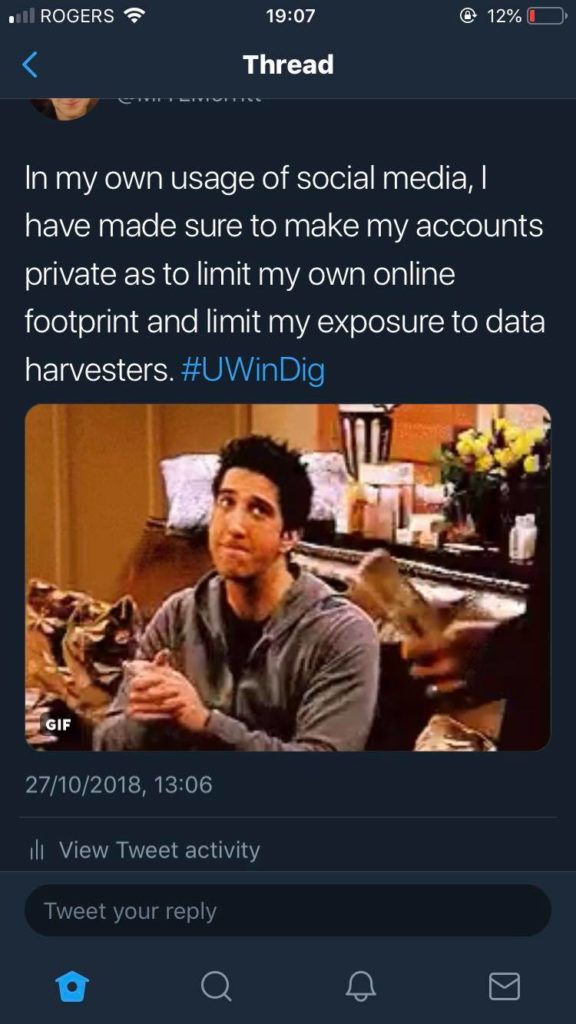
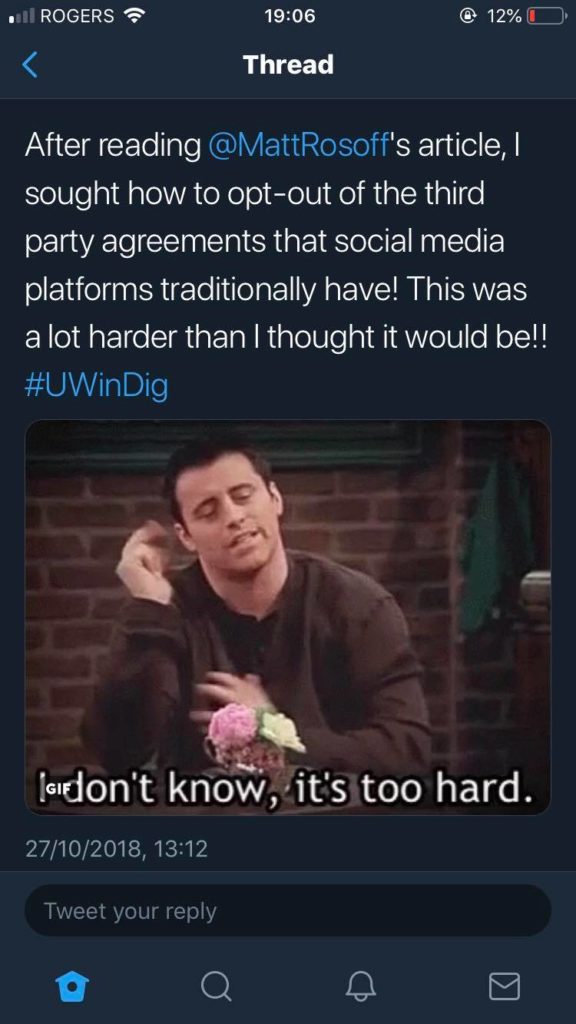
Rosoff’s article was outstanding in its ability to not only break down issues that Facebook has had with regards to its users’ data but left me critically thinking, where do we as a society go from here? Is it possible that we have already surrendered to an Orwellian state, where we are constantly watched and increasingly controlled by powerful corporations? As in everything, it is the future that will inevitably inform us if this is the case.
